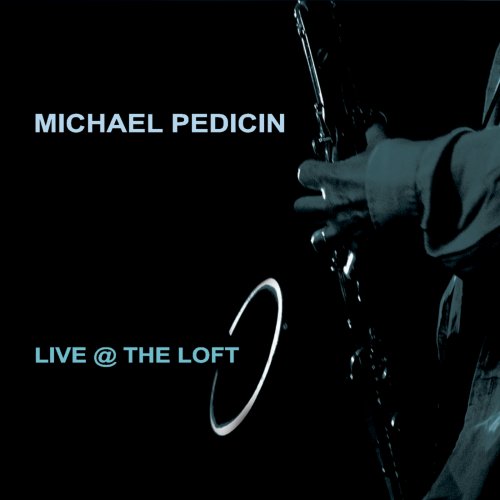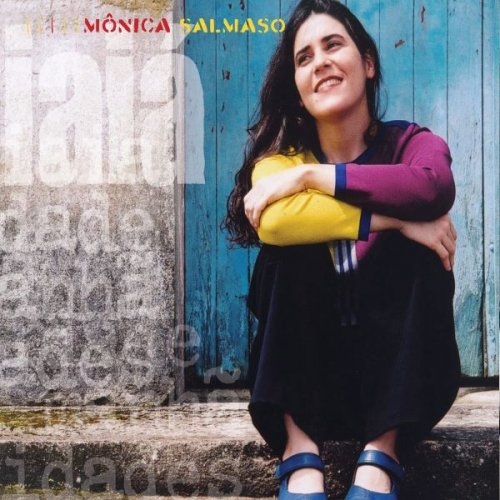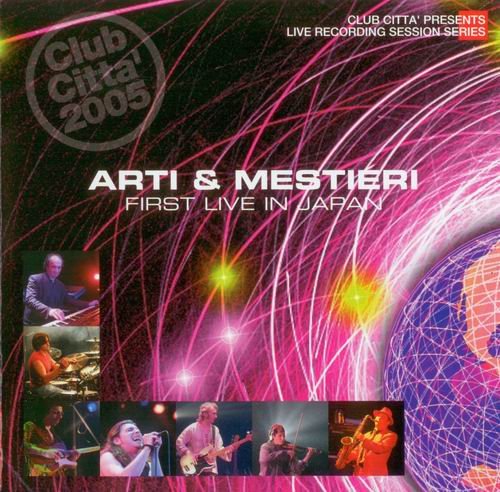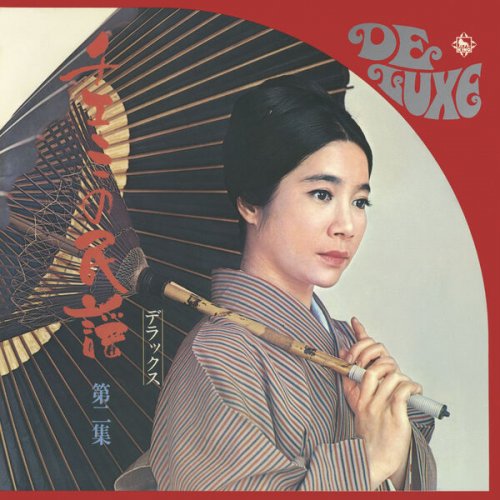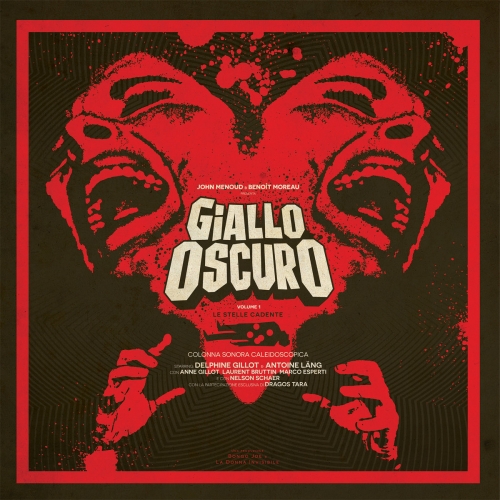Christoph Deluze - Kabalevsky: Piano Sonatas Nos. 1-3 (2011)
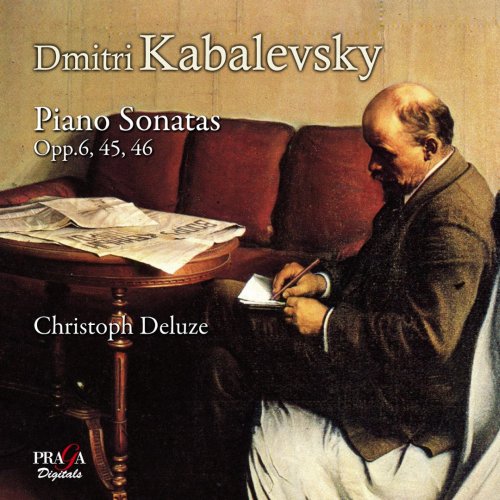
Artist: Christoph Deluze
Title: Kabalevsky: Piano Sonatas Nos. 1-3
Year Of Release: 2011
Label: Praga Digitals
Genre: Classical
Quality: FLAC (image + .cue, log, scans)
Total Time: 57:40 min
Total Size: 203 MB
WebSite: Album Preview
Tracklist:Title: Kabalevsky: Piano Sonatas Nos. 1-3
Year Of Release: 2011
Label: Praga Digitals
Genre: Classical
Quality: FLAC (image + .cue, log, scans)
Total Time: 57:40 min
Total Size: 203 MB
WebSite: Album Preview
Dmitry Kabalevsky (1904-1987)
[1]-[3] Piano Sonata No.3 in F major, Op.46
[4]-[6] Piano Sonata No.2 in E flat major, Op.45
[7]-[9] Piano Sonata No.1 in F major, Op.6
Christoph Deluze's second album devoted to the music on Dmitry Kabalevsky covers the composer's sonatas. The three sonatas together fill just about an hour, but there is enough substance in the music that listeners who can appreciate Kabalevsky's style should feel satisfied. Deluze presents the sonatas in reverse, beginning with the Sonata No. 3, the most popular one. For those who don't know this music, but do know the music of Prokofiev, this may strike them as a lightweight imitation. Kabalevsky's sonata often has some of the same staccato sound, but the character is not as outspoken as Prokofiev's, even though there is clearly sarcasm in the final movement. The second movement is gentler, played with nuanced touch and phrasing by Deluze. Sonata No. 2, written during World War II, is the centerpiece of the recording, literally and figuratively. The succession of changing characters and moods in each movement seem to tell a story of the war, perhaps how it played out in one village or town. It is more substantial in that respect than No. 3, which was written a year later, and even the textures in it seem weightier. At times, particularly in the third movement, the different lines and voices Deluze brings out give it orchestral-like dimension. The much earlier Sonata No. 1 (1929) is a different animal, with an indebtedness to Scriabin. The melodies don't quite seem to settle into anything that's immediately easy to follow or into a single tonality, and there's the impression that the young Kabalevsky was aiming to be modern and shocking, to not follow the more romantic path of Rachmaninov or others. Its finale does pay homage to those ever-present bells that are found in so much Russian music. Deluze understands this music thoroughly and performs with utmost skill, demonstrating that even though Kabalevsky was obviously a more conservative composer than his contemporaries, he was nonetheless a talented one with a unique voice. -- Patsy Morita
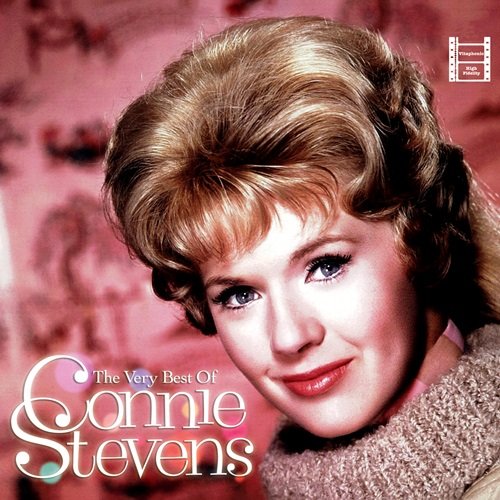
![Æthenor - Hazel (2016) [Hi-Res] Æthenor - Hazel (2016) [Hi-Res]](https://img.israbox.com/img/2026-02/21/u8vm4dsf9wrvmhpl4zso2e791.jpg)
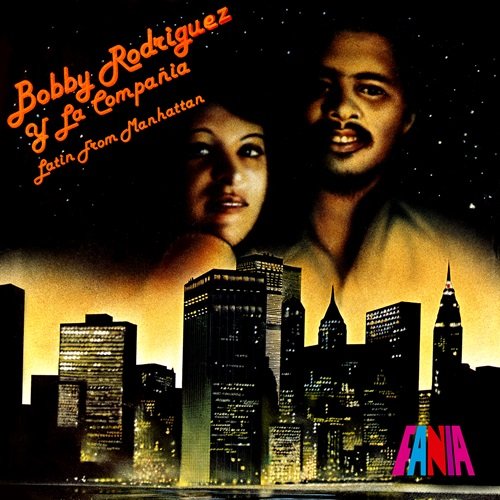
![Batila - In Light (2026) [Hi-Res] Batila - In Light (2026) [Hi-Res]](https://img.israbox.com/img/2026-02/23/8fny4jm9awckbp30f8iv1d4uv.jpg)
